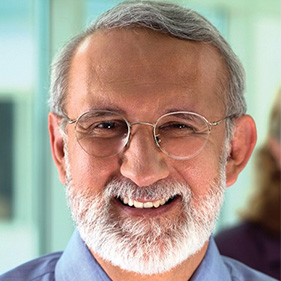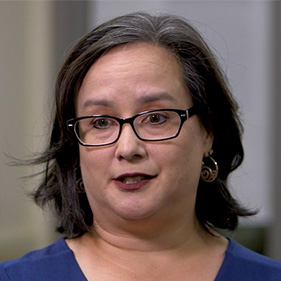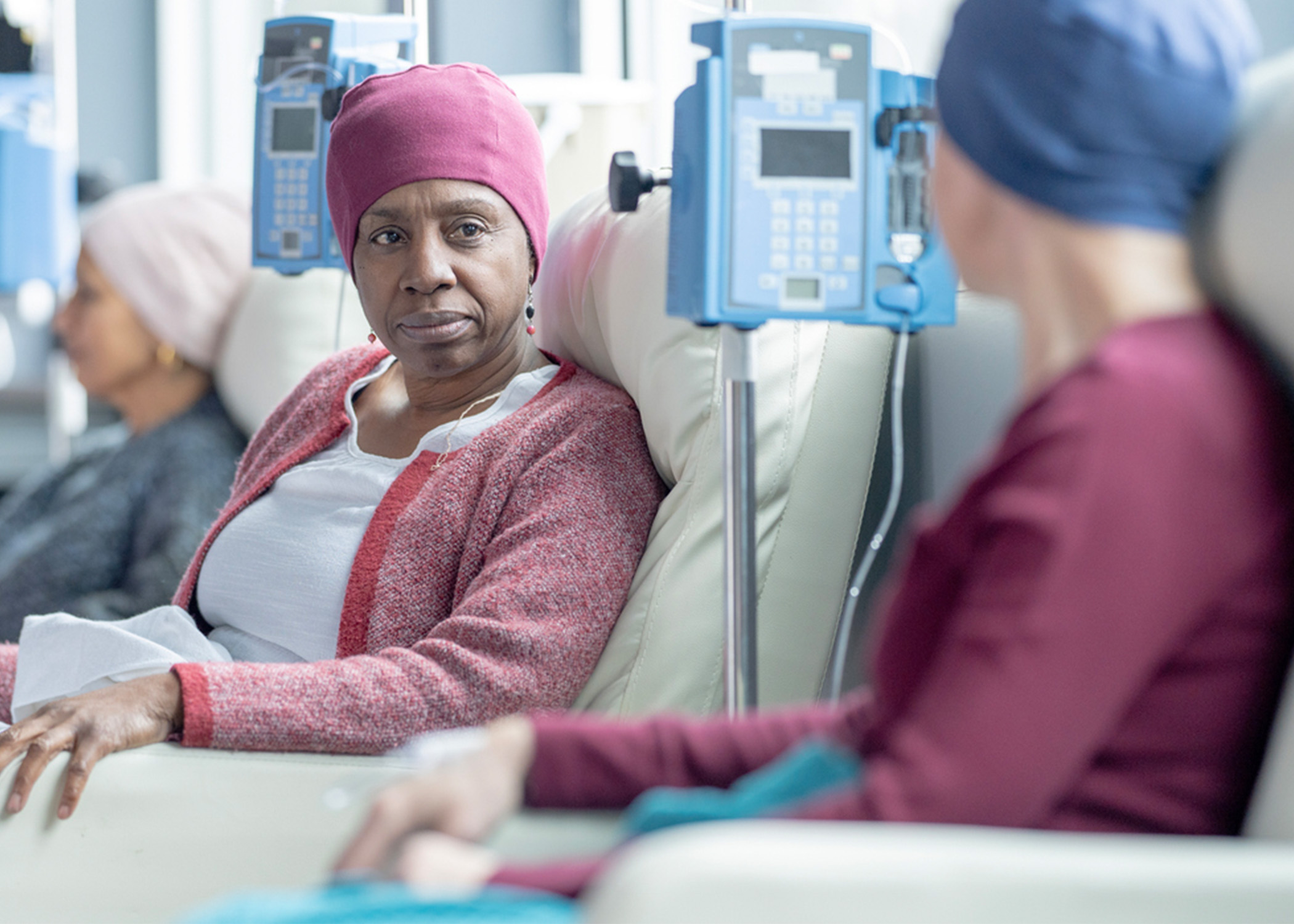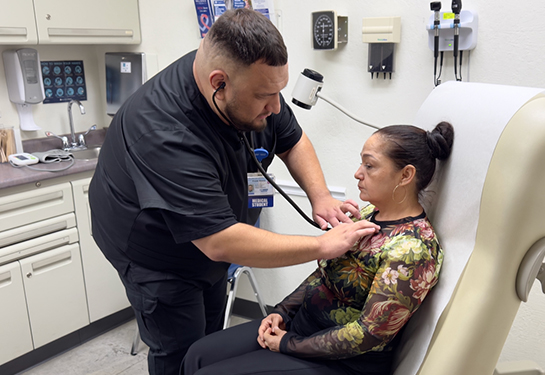UC Davis helps Solano County improve mental health in underserved communities
5-year initiative results in better access to Filipino American, Latino and LGBTQ+ populations
Latinos, Filipino Americans and LGBTQ+ individuals in Solano County now have much greater access to mental health care services, thanks to a major initiative led by UC Davis Health.
The initiative involving the Center for Reducing Health Disparities (CRHD) and the university’s Clinical and Translational Science Center (CTSC) is part of a community-engaged, quality improvement project that spanned five years. It resulted in the cultural transformation of the county’s Behavioral Health Division and several of its partner community-based organizations in seven cities.
The county is now much more responsive to the mental health needs of the populations they serve in general and underserved populations in particular.
Leaders of the effort are hailing the initiative as a model that can be scaled up by other behavioral health agencies that seek to improve how they deliver culturally and linguistically sensitive mental health programs and services.
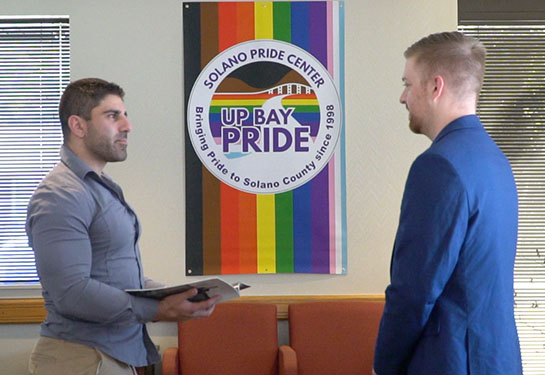
“What UC Davis Health, CRHD and CTSC and our county and community partners have accomplished with this unique collaboration is nothing short of remarkable,” said Sergio Aguilar-Gaxiola, the CRHD director and director of the CTSC community engagement program. “This is one of the most meaningful projects I’ve been involved with in my entire career because of the way in which we collectively increased access and utilization of much-needed mental health services for populations that have been historically underserved.”
He added: “The outcomes in this project provide evidence that it is, indeed, possible to advance health equity for specific populations through a community-engaged approach.”
Among the more significant outcomes of the project:
- The county’s Behavioral Health Access Line has noted a dramatic increase in the number of callers and timeliness of care for clients needing an appointment.
- Overall, the number of Access Line users steadily increased from an average of 1,601 callers per year in the three-year period before the ICCTM project, to 2,066 callers per year in the following three years.
- Access Line services among Solano County residents increased by 29%, and even higher among the three communities of focus: Filipino Americans increased calls by 32%, Latinos by 41% and LGTBQ+ by 309%.
LGBTQ+ consumers doubled their usage of outpatient services from 4% to 8% instead of using crisis services.
Solano County health leaders are grateful for UC Davis’ participation.
“For years, we knew Latinos, Filipino Americans and LGBTQ communities were under served with low access to care and utilization of mental health services compared to other population groups,” said Solano County Behavioral Health Director Sandra Sinz. “Our partnership with UC Davis has helped us to move the needle, not only with the populations of focus, but also with all the populations we serve.”
There’s no doubt, this has been a successful and gratifying effort for everyone involved because it shows evidence of advancing health equity.” —Sergio Aguilar-Gaxiola, director, UC Davis Center for Reducing Health Disparities
Working in close collaboration with community partners
Planning for the initiative began more than six years ago when Solano County Behavioral Health contacted the CRHD for help in providing culturally and linguistically appropriate care and services to underserved populations.
Leaders of both organizations developed a three-phased plan to improve mental health equity. Their plan was then approved and funded by the state, which awarded Solano County a $6 million grant to contract with UC Davis. The money came from the Mental Health Services Act, a voter-approved tax on Californians earning more than $1 million.
The plan turned into the initiative which is detailed in a report called the Interdisciplinary Collaboration and Cultural Transformation Model (ICCTM).
The three-phased approach consisted of:
- A comprehensive cultural needs assessment embracing community engagement strategies
- A training and quality improvement proposal developed using the national Culturally and Linguistically Appropriate Services (CLAS) Standards as a framework
- Refining and implementing community-defined quality improvement action plans that were guided by sustainability plans
The effort consisted of dozens of meetings with stakeholders – consumers, community and organizational leaders, advocates, county staff and contract staff – to address identified barriers through CLAS-focused quality improvement interventions.
Meaningful community engagement helped increase understanding of mental health disparities in relation to race, ethnicity, gender identity, sexual orientation and socioeconomic status.
In addition, a training and coaching curriculum was developed for mental health providers at the county and community levels. The curriculum – offered to representatives of multiple sectors such as social services, schools, churches, law enforcement and transportation – taught how to provide culturally and linguistically appropriate services for diverse communities.
Finally, the model relied on community-defined solutions to create quality improvement plans within the Behavioral Health Division and mobilize and carry out community engagement efforts across the county.
For years, we knew Latinos, Filipino Americans and LGBTQ communities were under served with low access to care and utilization of mental health services compared to other population groups. Our partnership with UC Davis has helped us to move the needle, not only with the populations of focus, but also with all the populations we serve.” —Sandra Sinz, director, Solano County Behavioral Health
A ‘game changer’ for Solano County Behavioral Health
The comprehensive efforts ultimately helped increase access and utilization of mental health services for the three underserved populations which were the focus of the project.
“We’ve seen more Latinos coming in for care than ever before,” said Tracy Lacey, the Behavioral Health Mental Health Services Act (MHSA) coordinator for Solano County. In fact, she said, Latino clients were a majority of the new cases in one of the county’s adult clinics. “We know that we’re moving in the right direction.”
The quality improvement efforts were a “game changer,” said Eugene Durrah, a licensed clinical social worker who is the Behavioral Health Division’s Ethnic Services coordinator.
“We actually looked at our recruitment and hiring and retention practices here in the county,” he said, “and how we can actually be able to better support a more diverse workforce that is culturally and linguistically responsive to the community which we serve.”
UC Davis’ involvement with Solano County concluded last summer. But the fruitful results have had lasting benefits for the county and the three main groups it affiliated with: Fighting Back Partnership, which supports the Filipino American community, Rio Vista CARE, which supports the Latino community and Solano Pride Center, which supports the LGTBQ+ community.
“There’s no doubt, this has been a successful and gratifying effort for everyone involved because it shows evidence of advancing health equity,” Aguilar-Gaxiola said.
“This fantastic collaboration shows that this model can be applied to any county, or any health care organization that wants to focus on improving its connection to underserved populations,” he said. “It can also apply to any health issues, not just mental health.”
The ICCTM initiative earlier this month received national recognition from the Association of American Medical Colleges (AAMC).
The project was declared second-place winner in the 2022 AAMC Innovations to Bolster Community Trust and Engagement in Science Award. The award recognizes “pioneering approaches to bolstering community trust and engagement in scientific developments that promote human health.”
Watch a video summarizing the project.

